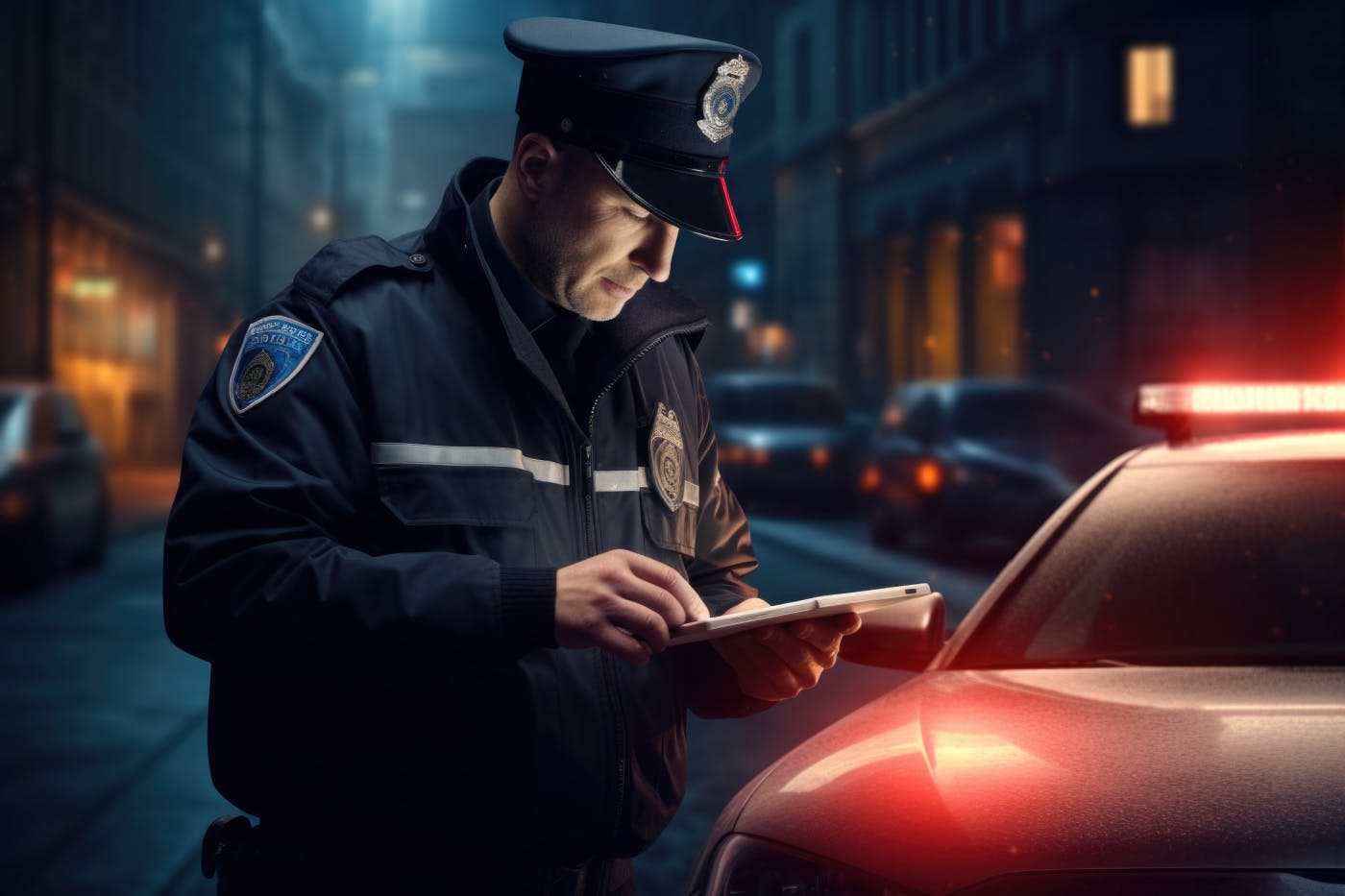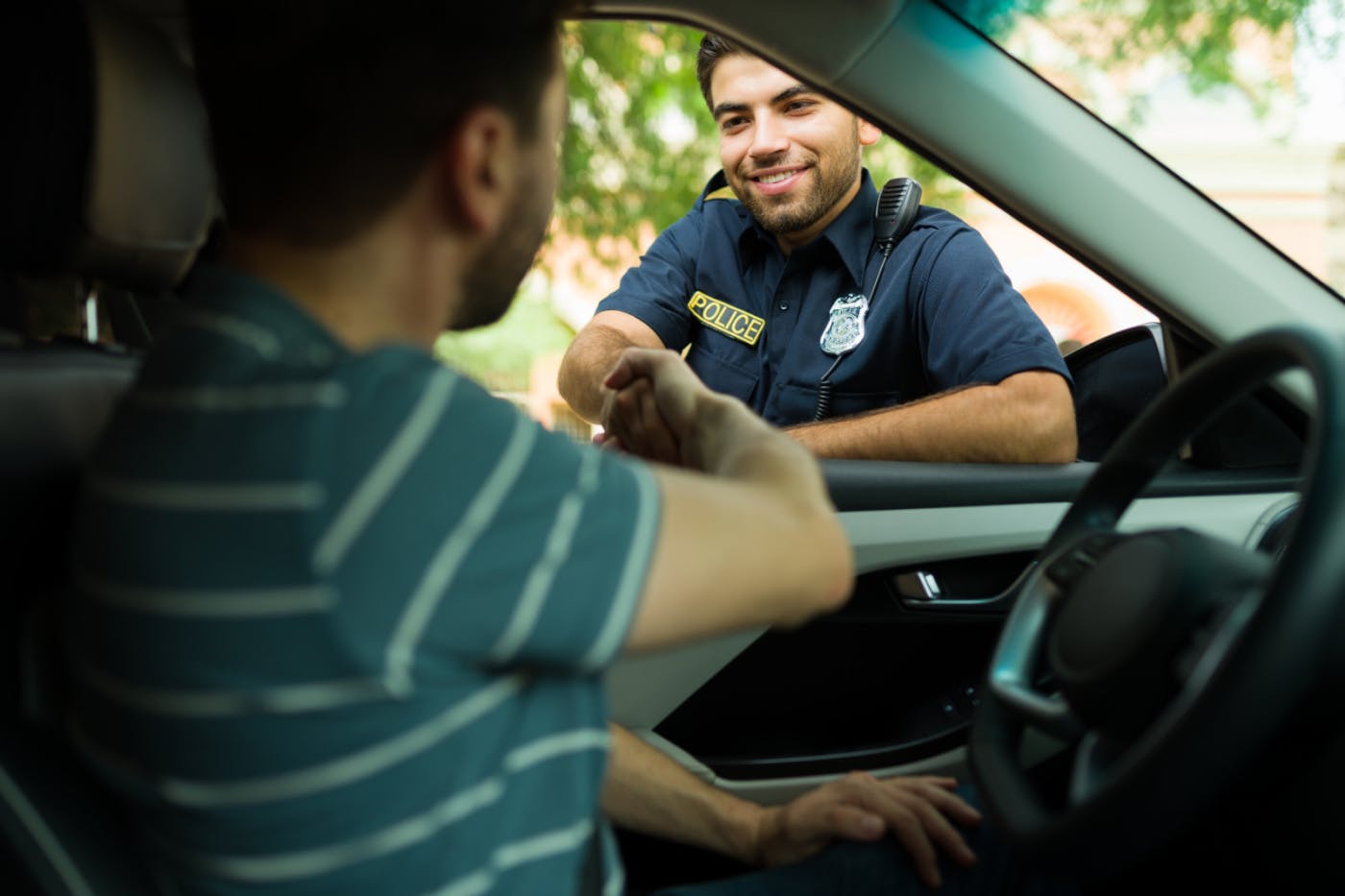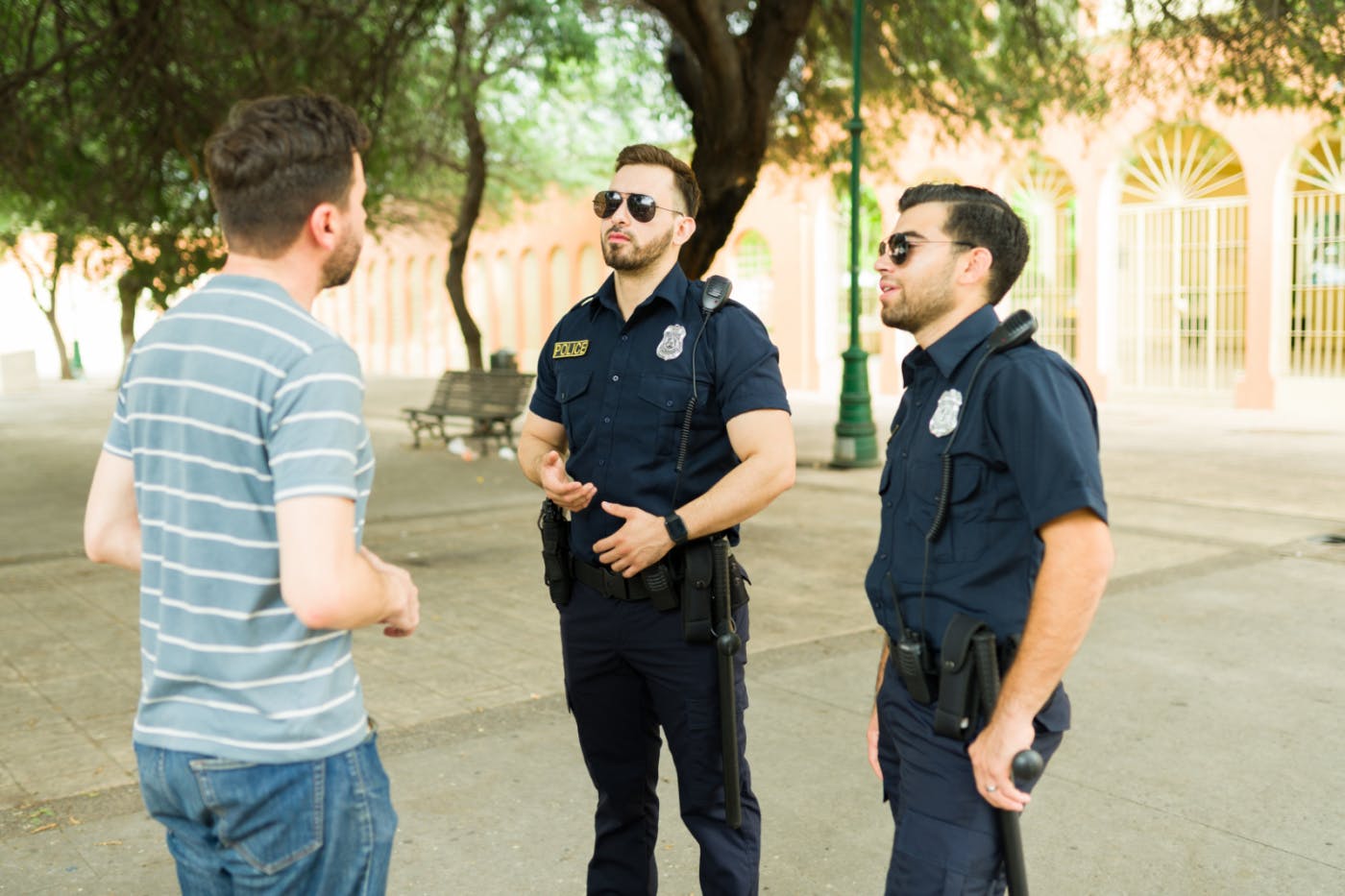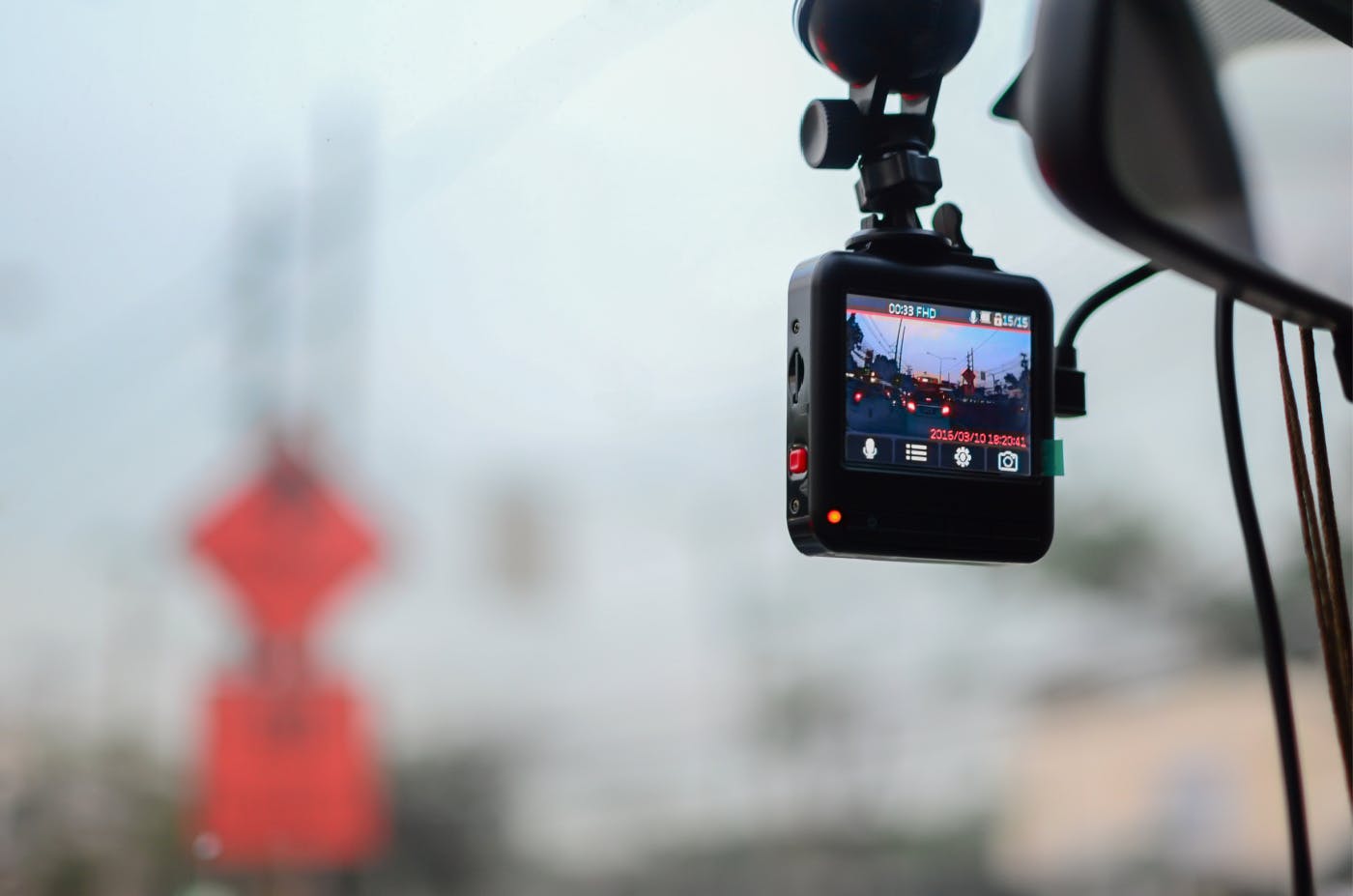The Dos and Don'ts of Talking to Police After an Accident

After a car, truck, or motorcycle accident, you will often need to speak with law enforcement. This conversation should never be taken lightly. Knowing what to say can make all the difference in protecting your rights and receiving fair compensation.
Here are some tips on how to talk to the police after an accident.
Let’s Start With the DOs…
1. DO Wait for the Police to Arrive
It is always wise to contact law enforcement after an accident. (required by Minnesota state law in most cases, such as when there are injuries.) Once you have reached the police, wait until they have arrived before leaving the scene.
2. DO Remain Calm and Respectful
Emotions can run high after an accident. Even if the situation is tense, always remain calm and composed when speaking to the police. Remember to breathe, keep your composure, and address officers with respect.
Pay attention to the questions officers ask and ensure you understand them clearly before responding. This approach expedites the process and ensures all details are logged correctly.
3. DO Provide Basic Information
If asked, give the police your basic information, such as your:
- Name
- Address
- Driver's license
- Registration
- Insurance information
- License plate number
Providing these details is a standard requirement when speaking with law enforcement.
4. DO Answer Questions Briefly
When the police ask you what happened, answer their questions as briefly as possible. Stick to the facts without embellishing or speculating. If you can reply with a simple yes or no, leave it at that.
5. DO Ask for the Officer’s Information

When you speak with an officer, request their name, badge number, and contact information. Doing so will allow you to follow up if necessary or reach out for clarification. Remember: it is not rude or illegal to ask for these details. It’s always appropriate to want to know who you’re speaking to.
6. DO Identify Witnesses
If you notice any bystanders who could act as witnesses, point them out to the police. If a witness chooses to leave the scene before police arrive, ask for their contact information so you can pass it on to law enforcement. These third-party witnesses can help police establish what happened and ensure the official report is accurate.
7. DO Ask About the Accident Report
While still at the accident scene, ask an officer whether they will file an official accident report. If they are, ask how and when you can obtain a copy. This report will help you explain what happened to your insurance company. It could also help your attorney decide if you have grounds for a personal injury lawsuit.
Now, the Don'ts…
1. DON’T Admit Fault
Even if you think you might be responsible for an accident, never admit fault at the scene. You don’t know all the details yet, and taking the blame too quickly could have long-term consequences. Even if new facts come to light, it will be difficult to walk back an admission of guilt. Wait until you’ve had a chance to speak to your attorney before deciding who is at fault.
2. DON’T Speak Negatively About Anyone Else
An accident can leave you reeling. You may be frightened, angry, and confused. You may be in pain. It’s easy to lose your cool. However, you should refrain from pointing fingers or insulting anyone. That includes other drivers, passengers, witnesses, and responding police officers. No matter the circumstances, always be polite and calm.
3. DON’T Volunteer Unnecessary Information
When talking to law enforcement, the less you say, the better. Answer questions when appropriate, but don’t volunteer any information beyond what is required. There’s no need to share every detail. Stick to the basics and move on.
4. DON’T Discuss Personal Topics
Avoid discussing anything not immediately related to the accident with responding officers. Don’t let yourself be drawn into a personal conversation. While this kind of friendly chit-chat may seem harmless, it’s easy to say something you will regret later. Politely but firmly decline to discuss your personal life with anyone.
5. DON’T Guess or Speculate
If you're not sure of the answer to a question, don’t guess or speculate. Speculating could lead to inconsistencies that may be used to discredit your story. Instead, simply say, “I don’t know” or “I can't recall.” You will likely be disoriented in the aftermath of an accident, and it’s perfectly reasonable that you won’t remember everything clearly.
6. DON’T Avoid or Resist Law Enforcement

If the police want to talk to you or simply ask you to stay at the scene longer, comply with their instructions. Resisting or avoiding a police officer can lead to further complications and might be seen as suspicious behavior. Answer their questions politely and accurately, and follow any instructions they give you at the scene.
7. DON’T Leave the Scene Without Permission
Wait for an official go-ahead from law enforcement before leaving the scene of an accident. Never assume you’re free to go until you’ve made sure it’s okay.
Have You Been Injured in a Car Accident?
By following these tips, you can protect your rights while cooperating with law enforcement. This advice will also make it easier to receive fair compensation through a personal injury claim. Of course, you should always speak to an attorney first.
We can help.
SiebenCarey is the oldest and largest personal injury firm in Minnesota. When you trust in us to protect your rights, you’ll have the full benefit of:
- More than 70 years of experience
- A record of award-winning success
- Proven expertise in settlement negotiations and trials
- Extensive legal resources
- A dedicated team of attorneys, legal assistants, and investigators
- The "Know Your Rights" guarantee of genuine care and support
Best of all, we work on a contingency fee basis. That means you only pay if we win your case!











